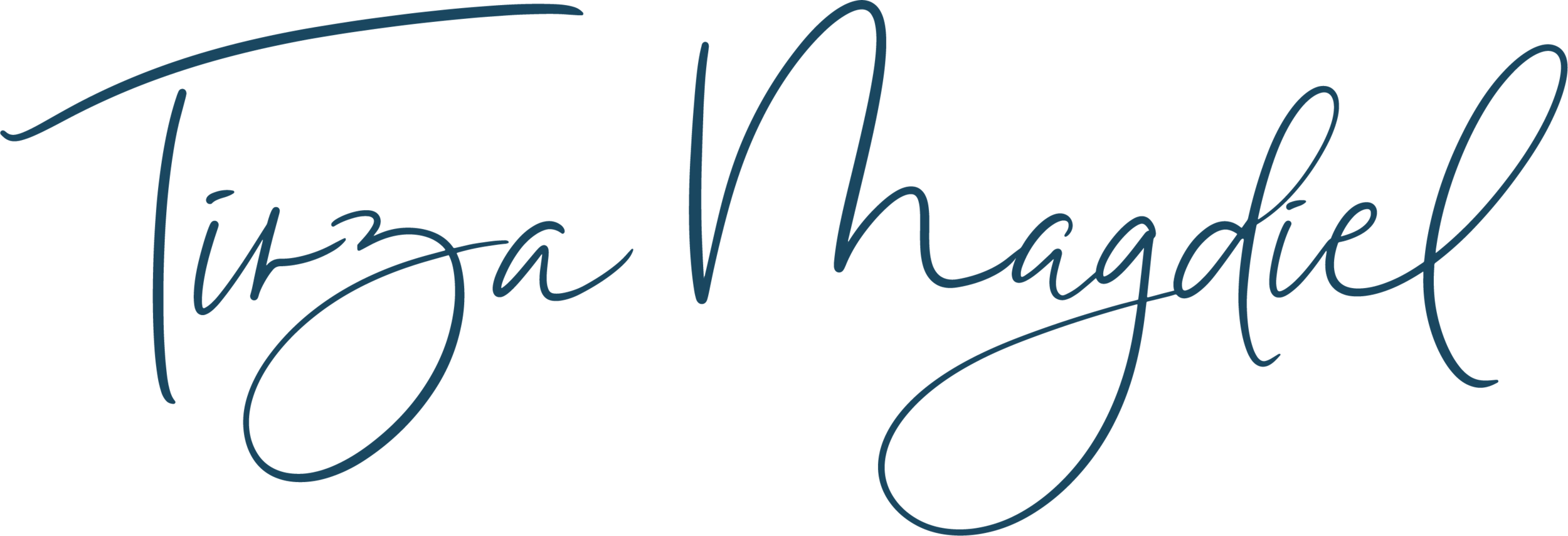Lessons on Trust
I have trust issues. Big time. No one will ever see me volunteer for one of those “trust exercises” where I stand in the middle of a circle, close my eyes, and lean back, hoping someone will catch me. I can always put a good spin on it and say I’m “responsibly cautions,” but not when it carries over to my interactions with God. Trusting God is difficult. It is challenging and feels somewhat unnatural. It shouldn’t come as a surprise that God weaves lessons on trust throughout the fabric of my life.
Thousands of years ago, God called Abraham to leave familiarity and comfort for uncertainty. Something – curiosity, wonder, or sheer craziness – prompted him to uproot his life and embrace the unknown, to trust his life to a God he didn’t know. Seven years ago, God opened the door for me to go abroad; like Abraham, I ended up leaving familiarity and comfort for an unknown land, armed with three suitcases. Thus my lesson on trusting God began.
Lesson 1: Trusting God with what’s his
I possess a strong urge to hold on tight to my life, look up to God, and scream loudly, “Mine!” I’ve learned that I can’t really say, “It’s my life,” because’ it’s not. God gave his son so we may have life, and life abundantly. We owe him our existence. Elisabeth Elliot explains it thus, “’If God gave it to me,’ we say, ‘it’s mine. I can do what I want with it.’ No. The truth is that it is ours to thank Him for and ours to offer back to Him, ours to relinquish, ours to lose, ours to let go of…” I owe God my life. One of the biggest and most humbling lessons I learned on trust was that my life is not about me. Contrary to how it feels (“I’m the one living it out, so it’s mine, right?”), it’s God story, not mine. I’m not the main character. Christ is. Paul said, “For to me, to live is Christ” (Phil 1.21). My life belongs to Christ. The owner gets to determine what happens to what’s his.
Lesson 2: Trusting God with the directions and the destination
Trusting God is ultimately a question of control. Who’s driving? For a compulsive planner like me, I want to be in charge of making the plans. I find it easier to create a minute-by-minute plan for my life than to trust it to an invisible God with an invisible plan. Seven years ago, I was sure I knew how I wanted my life to turn out. I felt God’s call, and I ran with it. I had my life planned out, complete with a detailed ten-year plan. All my plans failed. Even my back up plans failed. I was faced with a crisis when I realized that my call was going to look very different compared to my plans. Defeated, I was in my very own Boulevard of Broken Dreams. Through it all, God is faithful and, though I couldn’t see it, he’s in control.
Jeremiah 29.11 is a verse often found mounted as wall decor: “For I know the plans I have for you, declares the Lord, plans to prosper you and not to harm you, plans to give you hope and a future.” The verse sounds so encouraging, uplifting, and hopeful. Many Christians take the verse out of its original context and see it as a promise for a happy, comfortable life. I learned the interesting lesson that God declared this deep and profound word to a nation in exile, a homeless nation, a nation at its lowest point. When chaos defines our world, God’s plan doesn’t fail. Today, I’m nowhere close to my ten-year plan; that scares me. Still, God has a plan. We’ll love it when his plan comes together. The mapmaker gets to determine the route. The caller gets to determine how the call works out.
Lesson 3: Trusting God with my questions
Christians often consider questioning God inappropriate (bordering heretical), but questioning is very human. I’ve learned the profound lesson that I can trust God with my doubts. I’ve found that God is bigger than I think. He can take my doubts, my frustrations, my temper tantrums. He’s big enough to handle my tough questions. Why? I ask him, not unlike a three-year-old. Why aren’t my plans working? Are you sure you know what you’re doing, Lord? I’m not the first to ask him these questions. David and Job also asked and pleaded and yelled and cried. “Lord, I believe,” I desperately scream, “Help my unbelief!” It’s frustrating, especially when nothing in life seems to work the way it should, but God is big enough to handle our questions. I need to let God be big enough for me.
Today, I find myself called away to leave familiarity and comfort. As I pack my three dusty suitcases, it dawns on me that these lessons have one unsettling thing in common: God isn’t interested in making me comfortable. That’s not a priority for him. Trusting God is never meant to be comfortable, especially for this compulsive control junkie. It is, however, gloriously freeing.
This post was originally written for Transit Assembly publication in September 2013.

